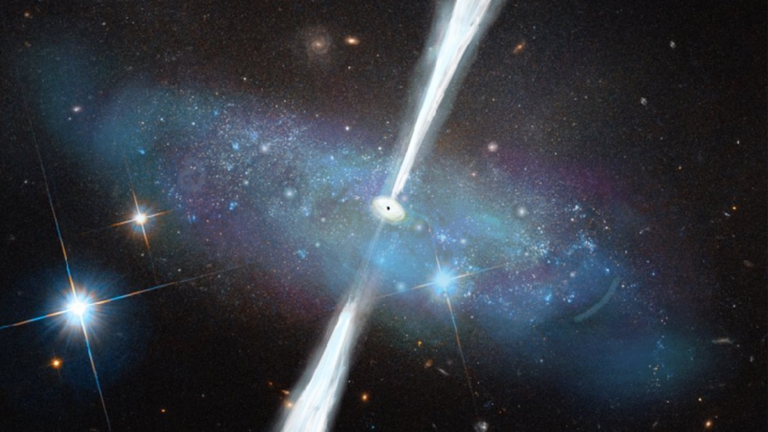
Asteroid 2022 NF — an asteroid the size of a small bus — will be whizzing past the Earth today at just 90,000 kilometres away, at a speed of 11.37 km/s. The space rock, estimated to measure between 5.5 and 12.5 meters, was only identified on July 4 even though it would be at a distance of just 23 percent of the distance between the Earth and the moon. Despite this proximity, the National Aeronautics and Space Administration’s Jet Propulsion Laboratory has calculated that the asteroid will safely pass by the planet. Amateur astronomers will also be able to see the asteroid today.
Scientists identified the asteroid, named 2022 NF, using the Panoramic Survey Telescope and Rapid Response System (Pan-STARRS). Pan-STARRS is a system of telescopes, cameras and computers that has been surveying the night sky for near-earth objects. Near-earth objects are defined by NASA as celestial objects (asteroids and comets) whose closest distance to the Sun is less than 1.3 AU (194,500,000 km).
Space agencies across the world keep a keen eye on such objects as a potentially large comet or asteroid that could theoretically impact the Earth and cause widespread destruction on the planet, possibly even leading to an extinction event. However, most asteroids that pass by close to the Earth are far smaller than the definition of the ‘potentially hazardous asteroids’ that NASA has set. PHAs are defined as asteroids that have a size of at least 140 metres in diameter and get within 7,480,000 km of the planet. While 2022 NF flies by much closer than that, it is far smaller than what would be classified as a PHA.
The risk of potentially deadly asteroids, though infinitesimally small, has prompted NASA to deploy its DART (Double Asteroid Redirection Test) spacecraft which will test out the potential of trying to slam a rocket into a careening asteroid to change its trajectory before it can hit the Earth. DART will slam into its intended target, which is not on a course towards the planet, later this year as part of the test.
(This post is published through synication courtesy Gadgets 360)






